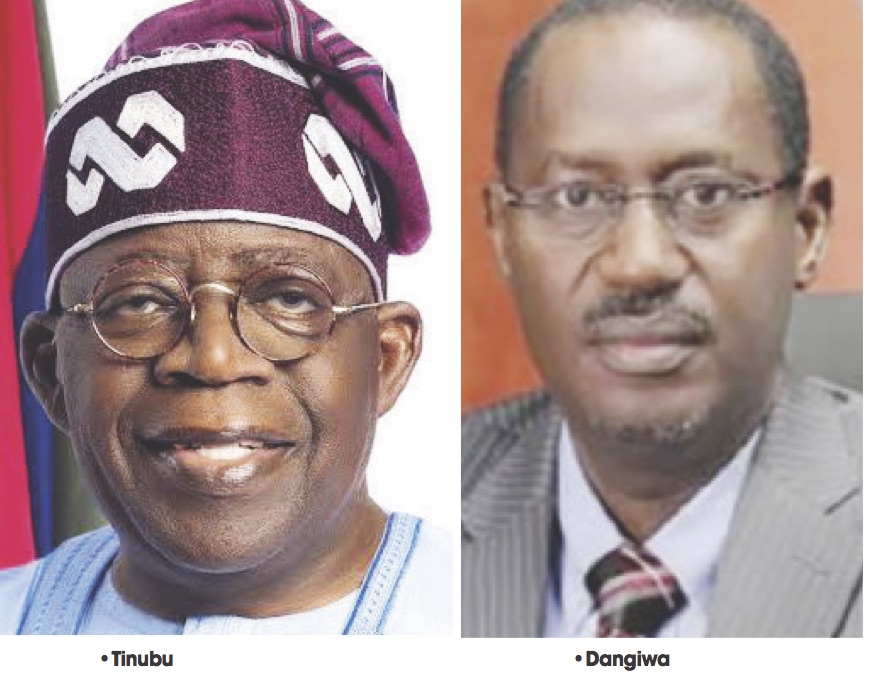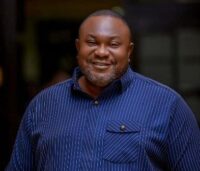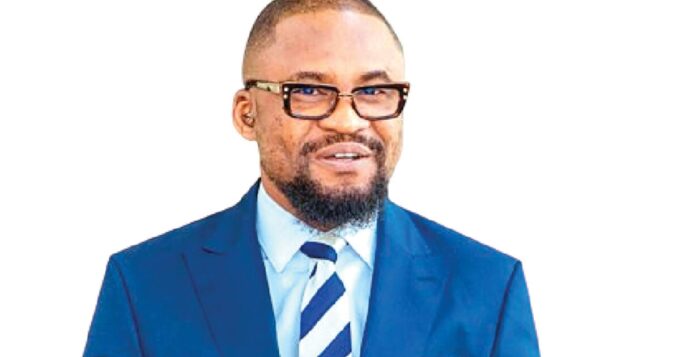By Maduka Nweke
Nigeria’s real estate sector has massive potential. With a large population and growing urbanisation, the demand for housing is undeniable.
Yet, the sector is growing far too slowly. The key reason being fingered by experts is the near absence of a functional mortgage system.
In developed countries, real estate thrives largely because buyers can access mortgage loans, structured financial support that allows them to pay for homes in manageable installments. But in Nigeria, getting a mortgage is a rare privilege, not a common path to homeownership.
Currently, mortgage penetration in Nigeria is less than one percent. This figure stands in stark contrast to developed nations, where mortgage access is between 30 to 40 percent. This gap has a direct impact on Nigeria’s housing sector, both in supply and affordability.
“Without mortgage loans or facilities, real estate development will continue to be at its lowest ebb in Nigeria,” a source familiar with the sector noted.
In simple terms, a mortgage is a loan used to buy a home or property. The buyer repays the loan, with interest, over a set number of years. The house serves as collateral, meaning the bank can take it if the borrower stops paying. In countries where mortgages are widely available, people can buy homes even with limited savings. Developers, in turn, can build on a large scale because there’s a reliable system in place to help buyers pay.
But Nigeria’s reality is different. Many banks and financial institutions are reluctant to offer mortgage loans—especially to people who are self-employed or earn irregular income. And even when mortgage products are available, the interest rates are often too high, and the terms too rigid.
“We are dealing with a system that doesn’t even have a real mortgage framework, let alone one with transparency, affordability, or flexibility,” one real estate observer said.
Barriers for Self-Employed and Small Business Owners
Many Nigerians operate in the informal sector, and this adds to the difficulty. For instance, self-employed individuals and small business owners often lack the traditional documents banks require—like proof of steady monthly income or tax records.
“If you have been in business for two or more years and can demonstrate responsible credit and financial management, then the non-establishment of functional mortgage facilities is hurting your business,” one expert argued.
He believes giving mortgage access to credible entrepreneurs and professionals would stimulate business growth and home ownership.
Even green-flag companies with strong capacity to contribute to the economy cannot get access to mortgage loans. The Federal Mortgage Bank of Nigeria (FMBN), the major public institution handling housing loans, is underfunded and overwhelmed.
“Mortgage companies like the Federal Mortgage Bank of Nigeria (FMBN) do not even have enough for those seeking smaller incomes, let alone the green flag companies,” he added.
Recapitalisation of the FMBN
To address this funding gap, the Federal Government has proposed recapitalising the FMBN to enhance its ability to support more Nigerians. The National Assembly has thrown its weight behind this move.
“We’ll ensure adequate funding and back FMBN’s recapitalisation drive towards affordable mass housing delivery for Nigerians,” said Senator Aminu Tambuwal, Chairman of the Senate Committee on Lands, Housing and Urban Development.
He made this statement during a top-level retreat in Lagos, organised by the Federal Ministry of Housing and Urban Development. The event focused on how to realise the Tinubu administration’s “Renewed Hope Agenda” for affordable housing and better urban planning.
“Housing and urban development play a pivotal role in national economic growth and social stability,” Tambuwal added.
Lessons global mortgage landscape
Mr. Syracuse Abonime, a specialist in Real Estate Investment Trusts (REITs), noted that the design of housing loan systems varies greatly across countries. In developed economies, the mortgage systems work better because there’s a balance between the rights of borrowers and lenders.
“Mortgage markets are deepest in countries where creditor and borrower rights are balanced rather than severely tilted to one side,” he said.
Abonime explained that there are different types of mortgages globally—fixed-rate loans, variable-rate loans, conventional loans, and government-backed loans. The best type for any individual depends on their income, credit history, and the size of their down payment.
“Each type of mortgage has its own benefits and drawbacks, and the one you choose can affect how much you ultimately pay over the life of the loan,” he stated.
Experts push fresh ideas, policy shifts
At the Nigeria Housing Dialogue 2025, several stakeholders called for a radical shift in how Nigeria handles housing finance. Dr. Brian Reuben, Executive Chairman of The Sixteenth Council, stressed that the slow pace of housing development is closely tied to weak mortgage policies and poor implementation.
“There’s no continuity in housing finance policies,” Reuben noted, through his representative Amadi Iheukwumere. “We need private-sector-led mortgage finance models that offer practical options for everyday Nigerians.”
Reuben urged state governments to create housing boards, simplify land ownership processes, and make the housing sector attractive to investors.
He also encouraged banks to design mortgage products that reflect Nigerian income realities. Civil society groups and the media, he said, must help by tracking government efforts, exposing failed projects, and demanding accountability.
“We need to reshape Nigeria’s housing future by providing realistic financing options for middle- and low-income earners,” he said.
Urban housing
Speaking on “Urbanisation and Infrastructure: Rethinking Housing for Nigeria’s Growing Cities,” Mr. Uche Kalu, Group Managing Director of Capital City Development Ltd., said Nigeria’s growing urban population demands innovative solutions.
Represented by his Business Development Manager, Rose Okpurhe, Kalu called for stronger collaboration between government, the private sector, and investors to address both housing shortages and financing gaps.
Also weighing in, Dr. Stephen Akintayo, Chairman of Gtext Homes, emphasized the need for policies that support developers to build homes with single-digit interest rates, making it easier for first-time homeowners to access mortgages.
Need for reforms
Several industry players, including Dr. Kennedy Okonkwo of Victoria Crest Homes and Mr. Christopher Lawrence of the Nigerian Institute of Quantity Surveyors, supported the idea of adopting Lagos State’s housing model on a national scale. They also recommended building on former Minister Babatunde Fashola’s initiatives, which encouraged local content and created jobs.
“These measures would help curb the current trend where only the rich keep buying, reselling, or renting out houses, leaving middle- and low-income Nigerians behind,” one speaker noted.
Mr. Olukayode Olusanya, CEO of Oak Group, added that the federal government should provide incentives to encourage state governments to invest in housing.
Other suggestions from the event included crowd funding, rent-to-own models, diaspora investments, and housing cooperatives as alternative ways to fund home ownership.
The Sixteenth Council, in partnership with Capital Development Ltd., also unveiled the Nigeria Housing Report 2025. The 57-page document includes data-driven insights, policy recommendations, and a comprehensive review of the housing sector. Mr. Godswill Erondu reviewed the report, and Maryjane Eze, Chief of Staff to the Executive Chairman, confirmed it would be shared with all tiers of government.
“Our goal as a think-tank is to find practical solutions to the real problems affecting Nigerians,” she said.
Summarily, experts insist that without access to affordable, flexible mortgage options, millions of Nigerians will remain locked out of home ownership. And without home buyers, large-scale real estate development will continue to crawl. As Nigeria moves forward with the Renewed Hope Agenda, real mortgage reform must be at the heart of any meaningful change in the housing sector.

















Leave a comment